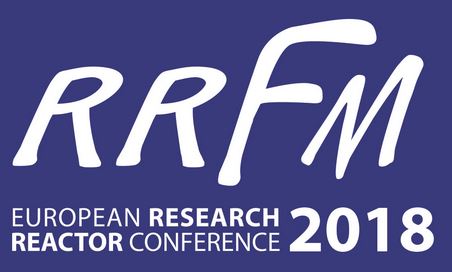ENS Guide to European web sites
European Parliament (EP)
The European Parliament (EP)
is the democratic voice of the peoples of Europe. The European Parliament
first met in 1952. Directly elected every five years. EP’s principal
roles are as follows : to examine and adopt European legislation ; under
the co-decision procedure, EP shares this power equally with the Council
of Ministers; to approve the EU budget; to exercise democratic control
over the other EU institutions; to assent to important international
agreements. The EP has parliamentary committees to deal with particular
issues (industry, research & energy; environment; transport &
tourism; foreign affairs,...).
http://www.europarl.europa.eu/visiting/en/homepage.html
The European Parliament is made up of 751 Members elected in the 28 Member States of the enlarged European Union. Since 1979 MEPs have been elected by direct universal suffrage for a five-year period.
http://www.europarl.europa.eu/parliament.do?language=EN
Scientific & Technological Options Assessment (STOA). Many issues coming before the European Parliament
have a scientific or technological theme: proposals directly relating
to research or innovation policy, measures concerning the many ways
in which science and technology impact on society, the economy or the
environment. The European Parliament defines its position on these
issues
through reports prepared by its Committees. If Committees decide that
it would be helpful to their policy making role to seek out expert,
independent assessments of the various scientific or technological
options
in the policy sectors concerned, then they have STOA at their disposal:
the EP's own Scientific and Technological Options Assessment unit (STOA):
http://www.europarl.europa.eu/stoa/default_en.htm
top
|
|

11 - 15 March 2018
Munich, Germany

30 September - 04 October 2018
Prague, Czech Republic |